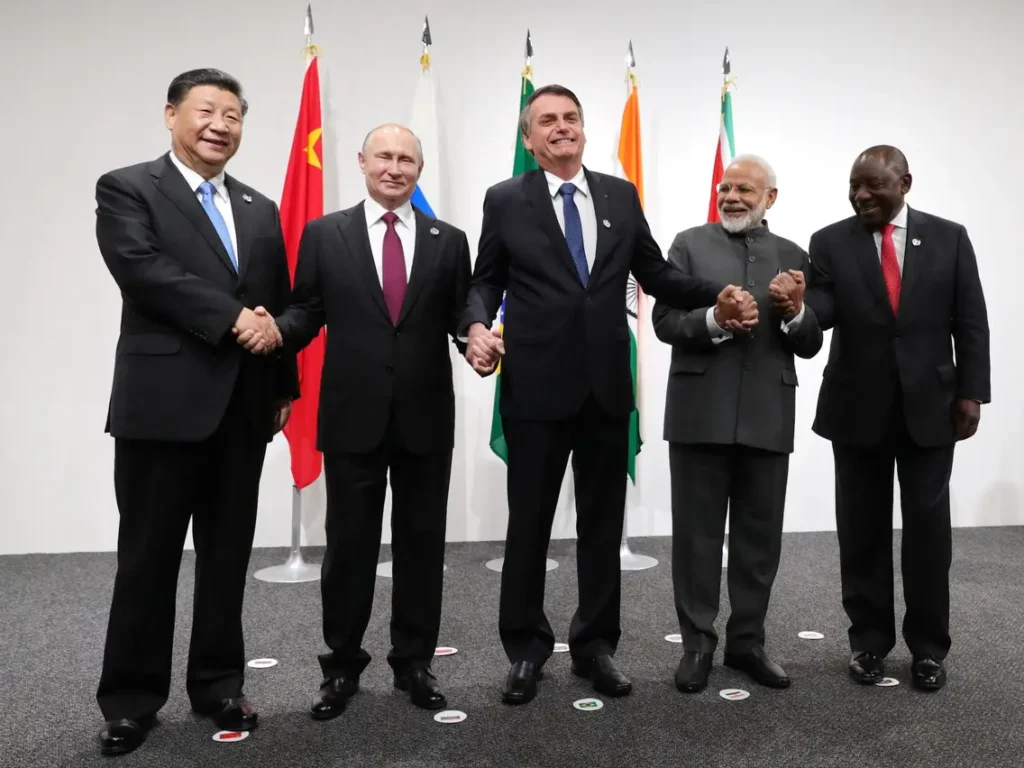
What is BRICS?
BRICS is an acronym for a group of five emerging economies that include Brazil, Russia, India, China and South Africa. The BRICS group was coined in 2001 by Jim O’Neil, a former Goldman Sachs economist. Reforming global finance has been high on their agenda, and the action on it has been supporting de-dollarization to push back against American hegemony. The US Dollar has been the official currency used in international trade for years now.
New Currency
The BRICS collective wants to create a new common currency to ditch the US Dollar and facilitate trade. This would help lower the impact the US Dollar has had on other countries’ economies which depended on it. With stable economies and stable exchange rates, the risk of suffering from currency fluctuations and interest rates changes would be minimized. The establishment of a BRICS global trade currency would also strengthen the alliance of the member nations. BRICS achievements so far has been in the financial sector. They have established the New Development Bank (NDB) whose purpose it to mobilise resources for infrastructure and sustainable development projects in emerging markets and the Contingent Reserve Arrangement (CRA) which supports member countries’ currencies during times of financial pressures.

Challenges
However, some have undermined the power of BRICS as their current objective of having a new global trade currency is challenging. The main challenge is the lack of economic integration among the member nations. They have different economic systems and policies which would make it difficult to establish a common currency. Also, the economic status of all the member countries is not at par. In addition to that, the unity of the BRICS group is questioned. The example of India and China currently being in an ongoing military standoff at their border brings about the issue of trust among them and whether there will be cooperation among them. China, being the world’s largest exporter and the most powerful country in BRICS, may most likely see BRICS as a stepping stone to global economic dominance.

Russia’s war with Ukraine leaves the other countries questioning if they should still continue with the partnership. South Africa, which joined in 2010, and Brazil, not significantly being in the limelight as the other countries may need to reevaluate their need to be in the bloc and whether to take sides of the member nations.
The BRICS member states have diverging interests, with some countries in open conflict with each other. Another challenge is that a new currency competing with the US Dollar which is already deeply entrenched as the global trade currency would be very difficult. This would take a very long time to adjust to as many nations are dependent on the US Dollar.
Takeaway
This new form of currency is to be discussed in the next BRICS Summit which is to be held in the late August of 2023 hosted by South Africa.
In conclusion, a BRICS global trade currency is an ambitious proposal that could bring significant benefits and growth for the global economy but also having its downside. Eventually, its success will rely on the unity of the BRICS nations.
By: Keren Wanjiku Wangechi

